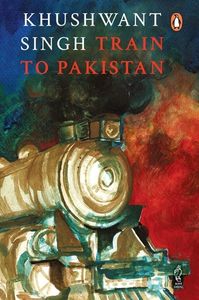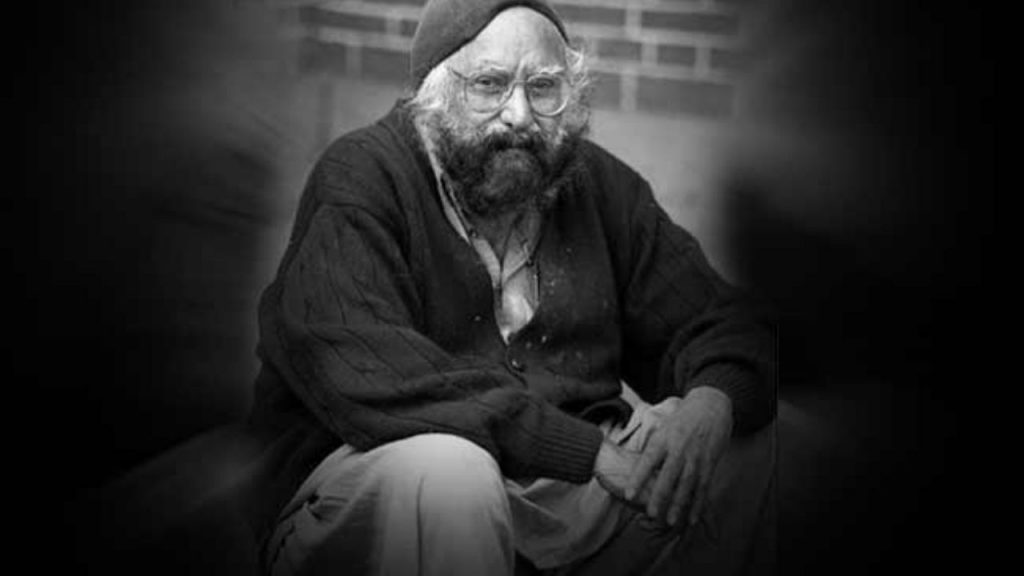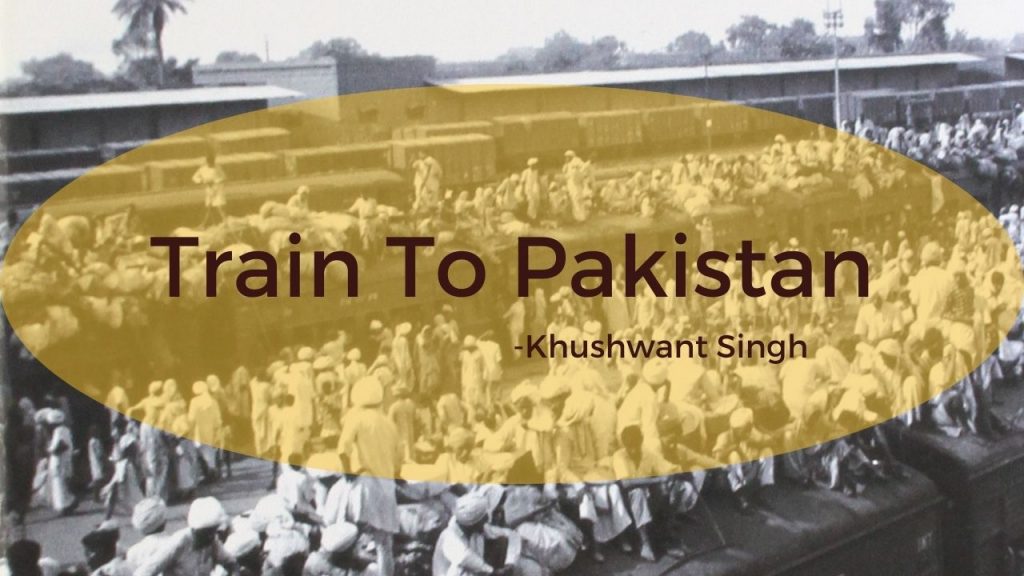An event as grim and tragic as the Partition of India on religious lines has never been witnessed in world history. When Britishers decided to divide the country before leaving, it set in motion certain events which led to the world’s largest, abrupt and unplanned mass exodus whose reverberations are felt even today. Bengal and Punjab were the worst affected areas with both Hindus and Muslims mercilessly maiming, butchering, shooting, killing, looting, abducting, and raping women.
Train to Pakistan by Khushwant Singh, a novel of epic proportions is a tryst with the cataclysmic events of 1947 and its ramifications on the common masses.
But before reviewing the book, we have to understand its background without which it would be hard to grasp its significance.
Backdrop :
When the Muslim League led by Mohammad Ali Jinnah withdrew its support to Cabinet Mission Plan in demand for a separate state for Muslims, violence began in Calcutta spreading too much of Northern India by March of 1947. It was then that Congress voted to divide Punjab into two halves – one with Sikh/ Hindu majority and the other with a Muslim majority and applying a similar principle to Bengal. There was a general atmosphere of confusion, despair, and hatred. Fuelled by the collapse of institutions of governance, violence, and arson began and continued unabated. Millions were displaced, uprooted, torn asunder from their families, belongings, or property in a bid to cross over to either India or Pakistan.
About the book :

Set in the backdrop of Partition of 1947, Khushwant Singh’s Train To Pakistan is a searing account of one of the most appalling events in Indian history. His story takes place at a small and remote fictional village of Mano Majra on the border of India and Pakistan where Sikhs and Muslims along with a Hindu family have been living in peace apparently oblivious to the riots and ruthless killings going all around them. When a local money lender is murdered followed by dacoity at his home, the suspicion falls upon Juggut Singh, the protagonist of the novel who is a village gangster and to further complicate the matter is in love with a Muslim girl. As the novel picks up pace, a train full of dead Sikhs arrives from Pakistan, and hence the aloofness of the village to contemporary happenings is broken. A rising tide of violence is palpable and later, the Muslims of Mano Majra are asked to leave the village.
Will Mano Majra implode with hatred and revenge? Will they kill their own people in the name of loyalty to their Sikh brothers? Will the village become another hotspot of communal violence and barbarity?
Now, it is up to Juggut Singh to navigate between the conflicting loyalties in which he is trapped and conquer the bottlenecks to be able to redeem himself and reclaim peace for his village.
About the Author

Khushwant Singh was India’s renowned writer, columnist, and Member of Parliament. He has written nonfiction works like A History of the Sikhs, a number of translations and works on Sikh religion and culture, Delhi, nature, and Urdu poetry. His other works include classics such as Delhi, I Shall not Hear the Nightingale (retitled as The Lost Victory), and The Sunset Club as well as his autobiography Truth, Love and a Little Malice. He was awarded Padma Bhushan in 2007.
Now, let’s discuss the themes of the book.
THEMES :
The historical fiction genre has the power to transport us to a certain period of time and tread the paths of historical events through the characters.
This novel touches upon a whole range of themes ranging from social, psychological, and economic impacts of Partition to the fragile yet crucial concepts of religious peace and communal harmony.
Pertinently, one might find subtle references to the widespread and internalized notions of assigning a religion or community to a person based merely on his/her “name” and how it can sometimes lead to ruinous consequences. In my opinion, it becomes absolutely necessary to rise above prejudices and misplaced stereotypes and embrace humankind without any reservation.
The understanding of the political environment, the working of bureaucracy and police in those turbulent times become instrumental in the wake of the ruckus created by the breakdown of law and order as well as the polarization of opinions and beliefs.
Peace, the abstract notion, the most essential thing ever, is dealt with extreme delicacy in the book. How fragile peace is !! A slight deviation from the norm or a rumor is enough to change the state of affairs. Is it necessary, one wonders, to go through war to attain peace?
Significantly, Singh has tried to draw parallels between the weather conditions and the prevailing political and social atmosphere of 1947. He starts the story by describing the summer of 1947 as “hotter, drier and dustier” with no rain. One can attribute it to the brutality and hatred that was all-pervasive.
I believe the interplay between human emotions and sensibilities and the general atmosphere of vindictiveness, animosity, and abomination brings out the beauty of the book.
Conclusion :
Filled with twists and surprises, the book is a page-turner and reflective of the strength, integrity, and sincerity of the characters.
Furthermore, the hair-raising climax of the novel is emotional as well as thought-provoking.
This historical fiction by Khushwant Singh is at once a thrilling account of the horrors of Partition as well as a hopeful tale of human love, sacrifice, and peace.




